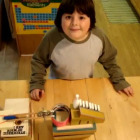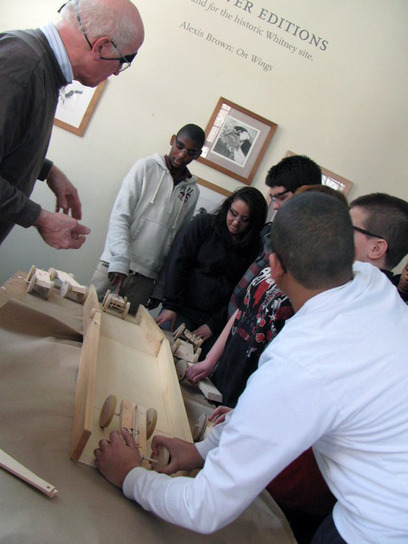Check out this post (and the embedded YouTube video) where a 7 year old (who wants" to study robotics at MIT and become a theoretical theorist") designs a Rube Goldberg machine to trap a monster. His description of a Rube Goldberg machine is "a machine that creates a complicated chain reaction to do a simple task." Using a wide variety of materials, including marbles, tubing, pencils, a toaster, books, balls, a paper roll and more he shows us his creativity and ingenuity...as well as resilience. He also shows an understanding of the scientific method, sharing his hypothesis and more. I suspect that many will share this video with others in their schools.
Research and publish the best content.
Get Started for FREE
Sign up with Facebook Sign up with X
I don't have a Facebook or a X account
Already have an account: Login
Tech tools that assist all students to be independent learners & teachers to become better teachers
Curated by
Beth Dichter
 Your new post is loading... Your new post is loading...
 Your new post is loading... Your new post is loading...
|
|










